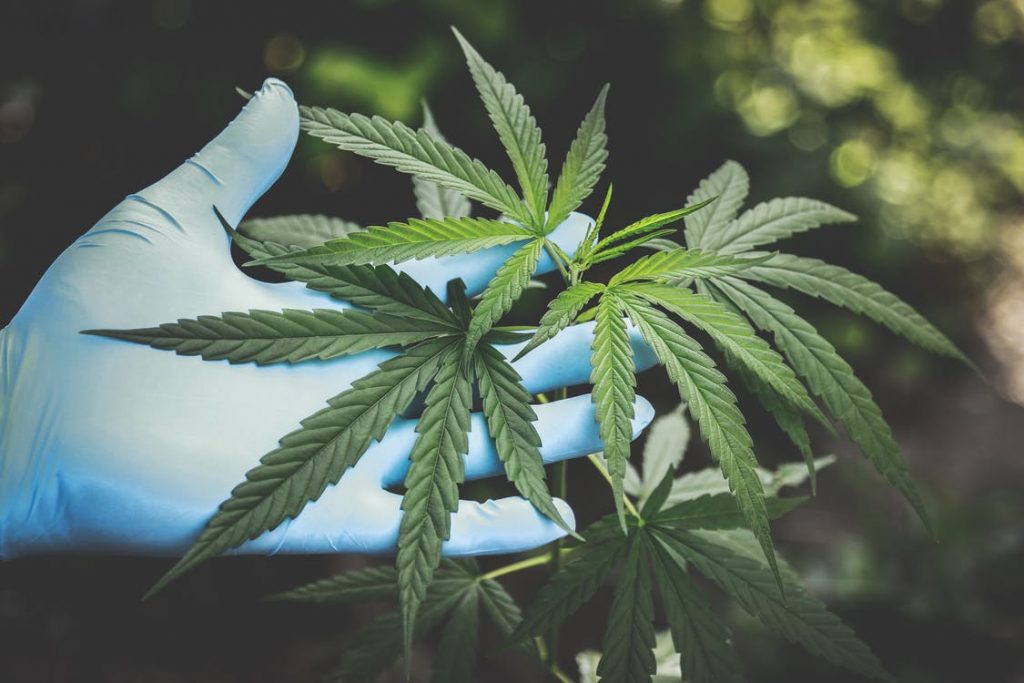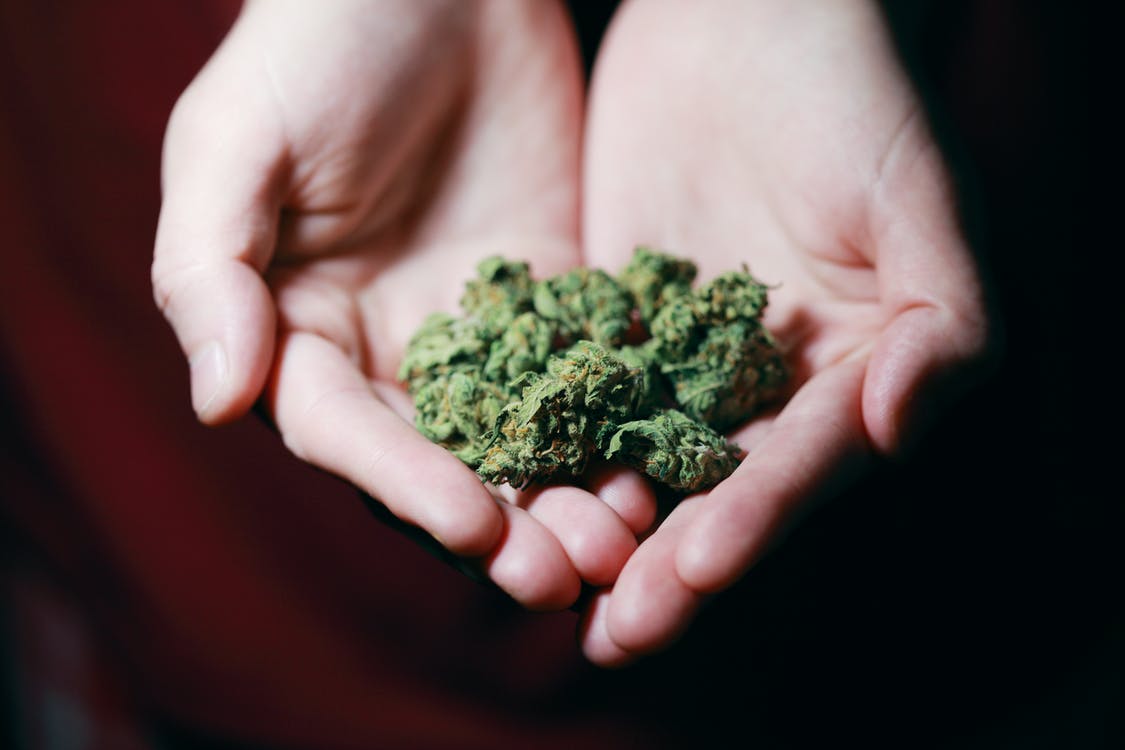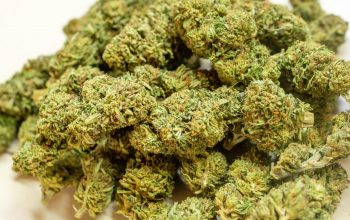How Are HHC, THC And CBD Different From Each Other?
CBD, THC, and HHC are all cannabinoids found in the cannabis plant. CBD is the most abundant cannabinoid in hemp, while THC is the most abundant in marijuana. HHC is a minor cannabinoid found in both hemp and marijuana. All three cannabinoids interact with the body’s endocannabinoid system but have different effects. HHC has similar effects to THC, but it is not as potent. All three cannabinoids need more research for their potential therapeutic benefits.
Differences Between CBD, HHC And THC
Table of Contents
1. CBD is derived from hemp plants, while HHC and THC are derived from cannabis plants
There are many cannabinoids, but the three most well-known are CBD, THC, and HHC. CBD is derived from hemp plants, while HHC and THC are derived from cannabis plants. CBD can be used to treat a wide variety of medical conditions, including pain, anxiety, and seizure disorders. It is also being studied for its potential to treat other conditions, such as Alzheimer’s disease and cancer.
2. CBD oil does not contain any psychoactive properties, whereas HHC and THC oils do
CBD is a non-psychoactive compound found in cannabis plants. It means that it will not get you high or alter your state of mind. CBD is often used for its therapeutic benefits, as it might help with anxiety and chronic pain. THC, on the other hand, is the primary psychoactive compound in cannabis. It is responsible for the “high” that people experience when they smoke or consume marijuana. THC is also known for its medical benefits, but you can also use it for recreation due to its psychoactive effects. HHC, or hemp-derived CBD, is a type of CBD that comes from hemp plants. Hemp plants are a variety of cannabis plants with low levels of THC. It makes HHC Gummies an ideal option for those who want the medical benefits of CBD but not the psychoactive effects of THC.
3. CBD oil is legal in all 50 states, while HHC and THC oils are only legal in certain states
Both CBD and THC are legal in some states and illegal in others. Currently, CBD is legal in all 50 states, while THC is only legal in some states. THC is currently classified as a Schedule I drug by the US Drug Enforcement Administration, while the DEA does not currently regulate CBD. However, this may change in the future as the DEA has proposed changing its classification of CBD to a Schedule II drug. This would mean that CBD would be considered more dangerous than THC and subject to stricter regulation.
4. The methods of ingestion for CBD oil, HHC oil, and THC oil vary significantly.
Regarding CBD, HHC, and THC, the methods of ingestion can vary significantly. You can ingest CBD through oils or tinctures placed under the tongue. It allows the CBD to be absorbed directly into the bloodstream for quick and effective relief.
For HHC it is most commonly ingested through edibles such as gummies or brownies, allowing it to release into the bloodstream over an extended period slowly. On the other hand, THC is most commonly ingested through smoking or vaping. It allows the THC to be quickly absorbed into the lungs and bloodstream. Each method of ingestion has unique benefits and drawbacks that should be considered before deciding which is suitable for you.

Who Can Consume CBD, HHC, and THC?
In general, CBD is safe for most people to take. However, there are a few exceptions:
- Pregnant and breastfeeding women should avoid taking CBD.
- People taking other medications may want to check with their doctor before taking CBD, as it could potentially interact with other drugs.
- Children and adolescents should also avoid taking CBD unless recommended by a healthcare professional.
Overall, CBD might be safe for most people to take, but it is always best to check with a healthcare professional before beginning any new supplement.
Finally, HHC, or Delta-8-tetrahydrocannabinol, is a cannabinoid that produces similar effects to THC but is less potent. Anyone can consume THC, although it is generally not recommended for children or adolescents. Anyone can consume HHC over the age of 18.
The Difference Between CBD and THC-infused recipes
Regarding cannabis-infused recipes, there are two main types: those infused with THC or other psychoactive cannabinoids and those infused with CBD. THC-infused recipes are designed to get you high, while CBD-infused recipes offer the potential benefits of CBD. Both recipes can be delicious and effective but produce very different effects. If you’re looking to create a THC-infused recipe, you’ll need to start with a product that contains THC. It can be a cannabis tincture, oil, or even decarboxylated cannabis flower. Once you have your THC-containing ingredient, you can add it to almost any recipe.
Just be sure to Start with a small amount and increase until you achieve the desired effect. CBD-infused recipes are a bit more complicated, as CBD is not soluble in water. You’ll need to use a carrier oil like coconut oil or olive oil to mix it into your recipe. As with THC-infused recipes, it’s essential to Start with a small amount of CBD and increase until you reach the desired dosage. Whether you’re looking for a quick and easy way to get high or want to explore the potential benefits of CBD, infusing your recipes is a great option. Just be sure to start slow and go low to ensure you have a positive experience.
Read More: Does Vaping CBD Improve Your Focus?
Dosage of THC, CBD, and HHC
THC and HHC are the active ingredients in marijuana that produce psychoactive effects. CBD is non-psychoactive and does not produce the “high” associated marijuana use. The correct dosage of CBD, THC, and HHC depends on several factors, including the user’s age, weight, and tolerance. The recommended dose for each person will vary depending on these individual factors. For example, a person who is younger or lighter weight will require a smaller dose than an older or heavier user. The goal is to find the minimum effective dose that produces the desired results. Too high a dose can lead to unwanted side effects, such as anxiety and paranoia. It is also essential to be aware that marijuana is not FDA-approved, and there is no guarantee of its safety or efficacy. Therefore, it is essential to consult a healthcare provider before starting any new treatment regimen.




